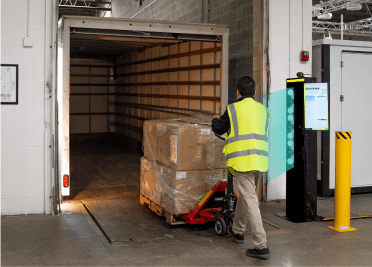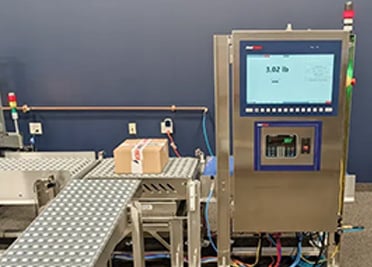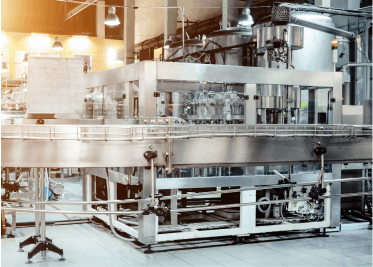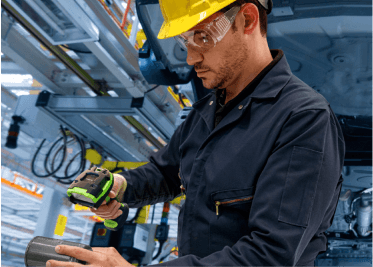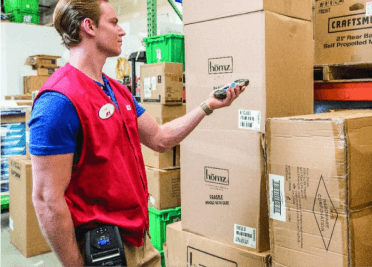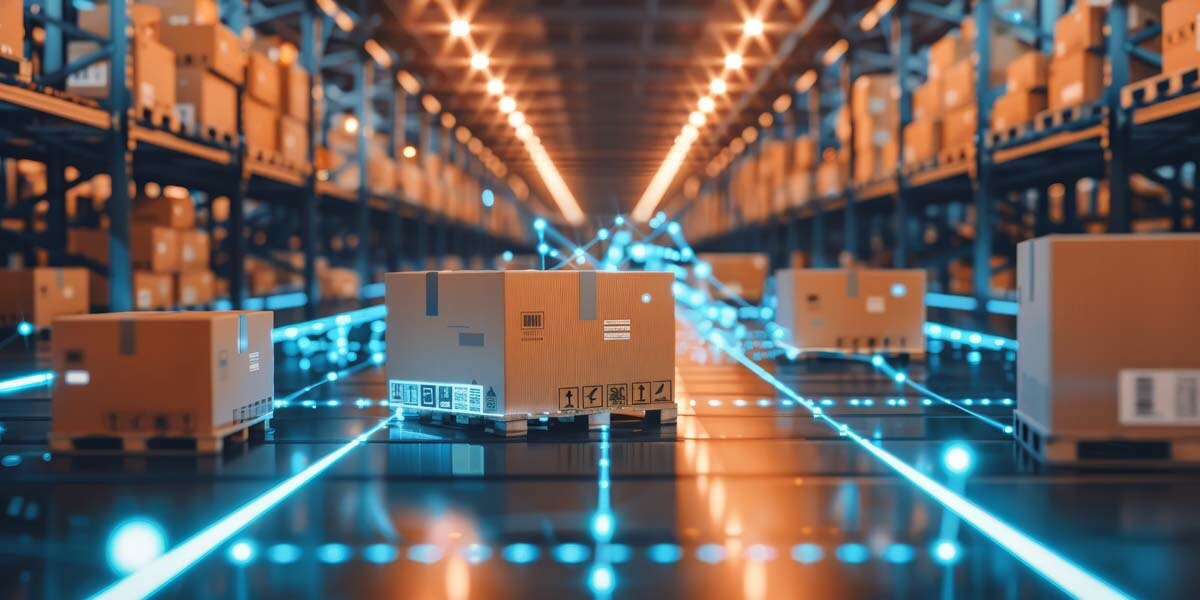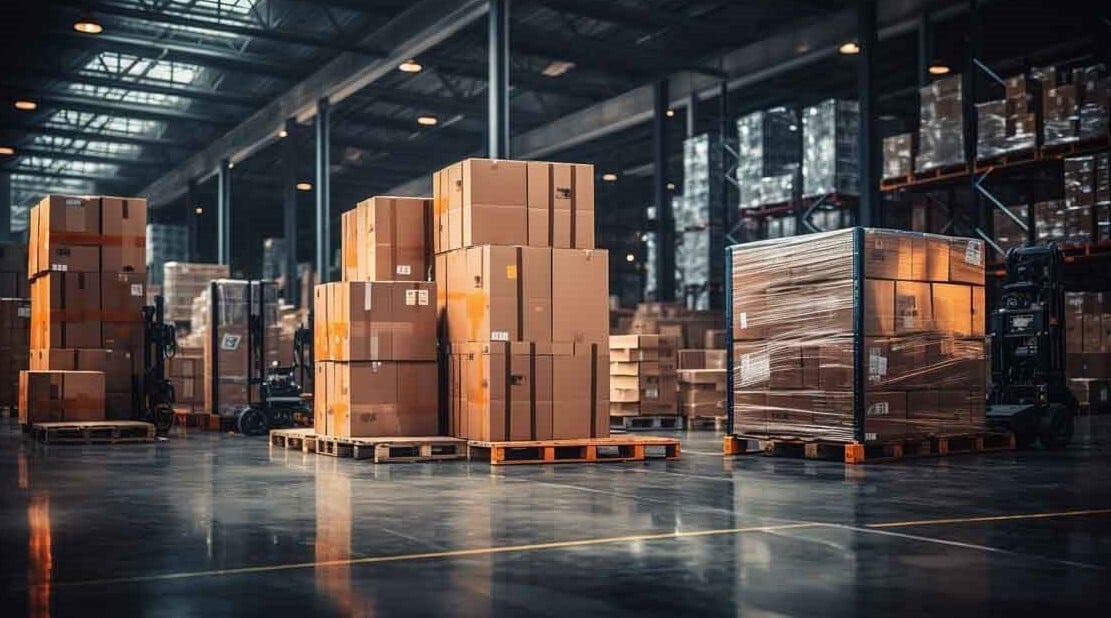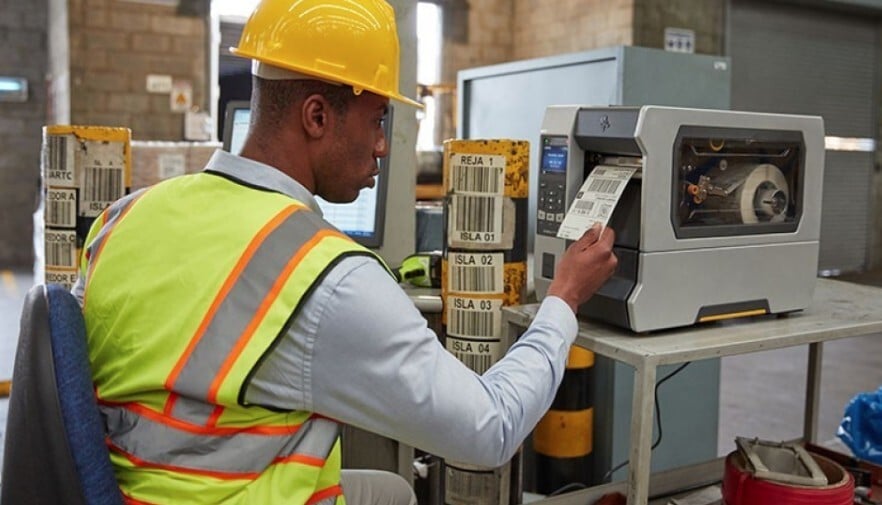Adopting 2D barcodes and RFID technology can revolutionize business operations by enhancing efficiency, traceability, and customer engagement. The demand for these technologies is rapidly growing, with 75% of grocery retailers planning to adopt 2D barcode technology within the next three years to comply with food safety regulations, and the global RFID market expected to reach $13.2 billion by 2026. AbeTech, a leader in product identification and data capture solutions, provides valuable insights and support for integrating these technologies effectively, ensuring businesses stay ahead of industry mandates and market trends.
The Advantages of 2D Barcodes
- Enhanced Data Capacity: 2D barcodes like QR codes and DataMatrix can store significantly more information than traditional 1D barcodes. This includes data such as expiration dates, batch numbers, and serial numbers, supporting comprehensive product traceability and better inventory management.
- Compact and Reliable: 2D barcodes are more compact and have built-in error correction, making them more reliable even if damaged. Their smaller size allows for flexibility in label design, ensuring they do not detract from product aesthetics.
- Consumer Engagement: With increasing demand for transparency, 2D barcodes enhance consumer engagement by linking to digital content like product information, usage instructions, and promotional offers. This seamless connection improves the customer experience and builds brand loyalty.
The Shift from 1D to 2D Barcodes
Industry Trends
There is a substantial movement from 1D to 2D barcodes driven by the need for more detailed data capture and enhanced supply chain visibility. While 1D barcodes like EAN/UPC will remain in use, 2D barcodes are becoming increasingly essential for modern business operations.
Implementation Strategy
To transition smoothly, businesses should:
- Evaluate Needs: Determine the additional data elements required and the potential benefits of 2D barcodes.
- Upgrade Systems: Ensure that point-of-sale (POS) systems and scanners are compatible with 2D barcodes.
- Training: Provide comprehensive training for staff on the use and benefits of 2D barcodes.
- Testing: Implement pilot programs to test the effectiveness of 2D barcodes in real-world scenarios.
Benefits of RFID
RFID technology complements barcodes by offering real-time data capture, crucial for inventory management and supply chain logistics. RFID tags can be read without direct line of sight and can process multiple items simultaneously, significantly speeding up operations.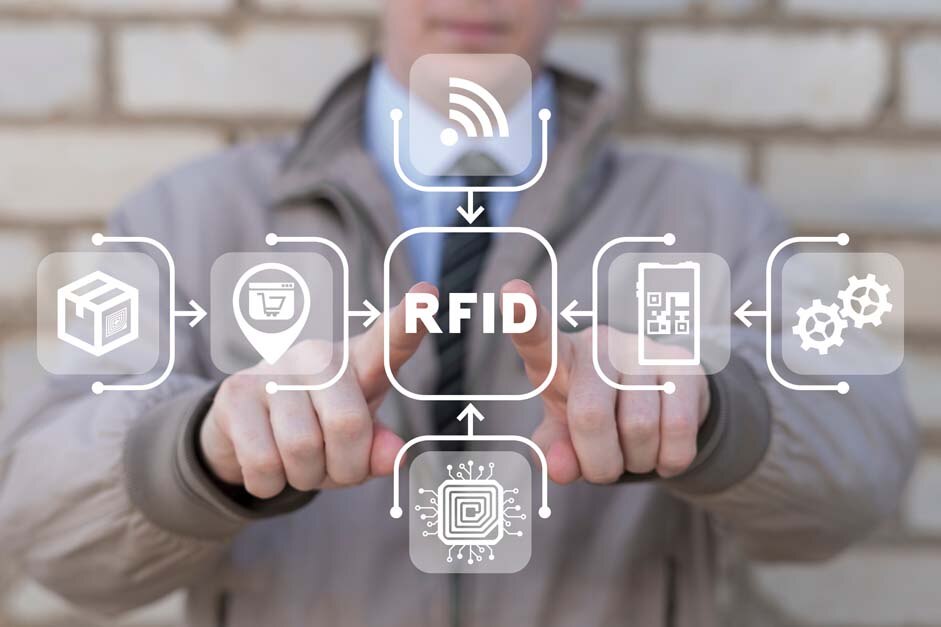
Best Practices for RFID Implementation
- Assess Requirements: Understand the specific needs of your business, such as tracking high-value assets or managing inventory levels.
- Choose the Right Tags: Select RFID tags suitable for your products and operating environment.
- Infrastructure Setup: Ensure your facilities are equipped with RFID readers and the necessary network infrastructure.
- Pilot Testing: Conduct pilot tests to identify potential issues and optimize the system before full-scale implementation.
- Integration: Integrate RFID with existing systems to ensure seamless data flow across your business operations
Overcoming Challenges
Cost Considerations
Both 2D barcode and RFID technologies involve initial investments in new hardware and software. Businesses should perform a cost-benefit analysis to ensure the long-term advantages outweigh the upfront costs.
AbeTech helps clients perform these analyses, demonstrating the ROI through improved efficiency and reduced operational costs.
Technical Hurdles
Adapting to new technologies can present technical challenges, such as ensuring compatibility with existing systems and maintaining data accuracy. Partnering with experienced providers like AbeTech can help mitigate these issues through tailored solutions and expert support.
AbeTech’s expertise in integrating new technologies with legacy systems has helped clients overcome technical challenges and achieve seamless transitions.
Industry Standards
Compliance with industry standards, such as those set by GS1, ensures that the adopted technologies are globally recognized and interoperable. Staying updated with these standards helps businesses maintain competitiveness and regulatory compliance.
AbeTech assists clients in navigating and complying with industry standards, ensuring that their solutions are up-to-date and globally accepted.
Leveraging AbeTech Expertise
AbeTech offers comprehensive solutions for 2D barcode and RFID technology adoption, including:
- Consultation and Needs Assessment: Personalized consultation to understand your business needs and recommend the best technology solutions.
- Custom Solutions: Tailored systems that integrate seamlessly with your existing processes and infrastructure.
- Training and Support: Ongoing training for your team and support to ensure smooth operation and quick issue resolution.
- Cutting-Edge Technology: Access to the latest advancements in 2D barcoding and RFID technology to keep your business at the forefront of innovation.
Conclusion
Adopting 2D barcodes and RFID technologies is no longer optional but a necessity driven by compliance mandates from suppliers and stores. These technologies can significantly enhance operational efficiency, data accuracy, and customer engagement. By following best practices and leveraging the expertise of a strategic partner like AbeTech, businesses can ensure a smooth transition and capitalize on the numerous benefits of these advanced data capture solutions. Do not wait until mandates force your hand—be proactive and stay ahead of the curve. For more information and tailored support, request a consultation with an AbeTech expert today.
